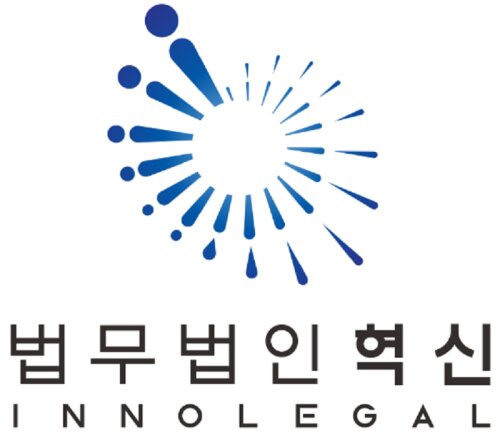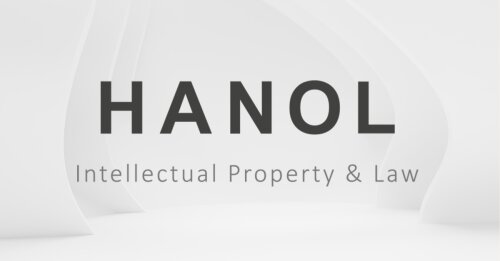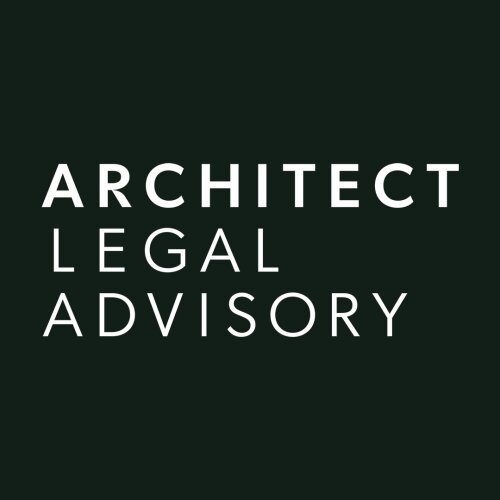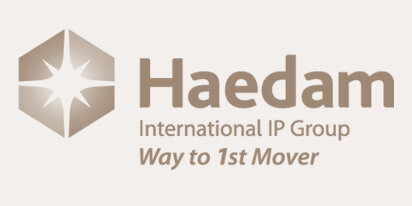Best Data Center & Digital Infrastructure Lawyers in Seoul
Share your needs with us, get contacted by law firms.
Free. Takes 2 min.
List of the best lawyers in Seoul, South Korea
About Data Center & Digital Infrastructure Law in Seoul, South Korea
Seoul, South Korea, stands as a major hub for digital innovation and connectivity in Asia. With a rapidly growing demand for digital services, the legal framework surrounding data centers and digital infrastructure has become increasingly sophisticated. These laws address the critical roles that data centers play in storing, processing, and transmitting data reliably and securely. Legal concerns in this sector cover property, regulatory compliance, privacy, security, operational standards, and commercial agreements, ensuring robust and sustainable digital infrastructure to support the city’s technological ambitions.
Why You May Need a Lawyer
The legal landscape for data centers and digital infrastructure can be complex, especially for international companies or individuals unfamiliar with South Korean regulations. Common scenarios in which professional legal guidance is essential include:
- Drafting and negotiating data center leasing, joint venture, or service agreements
- Understanding and complying with data privacy and protection regulations
- Managing cross-border data transfers and cloud computing compliance
- Resolving disputes over network access, real estate, or intellectual property
- Securing zoning and environmental permits for data center construction or operation
- Navigating government incentives, taxes, and restrictions specific to digital infrastructure
- Ensuring operational standards and uptime guarantees
- Addressing cybersecurity risks and incident response obligations
Whether you are developing, investing, operating, or using data center services, consulting a knowledgeable legal professional can protect your interests and prevent costly mistakes.
Local Laws Overview
Key laws and regulations that impact data centers and digital infrastructure in Seoul include:
- Personal Information Protection Act (PIPA): Governs the collection, storage, processing, and international transfer of personal data. It places strict obligations on data handlers, with significant penalties for non-compliance.
- Act on the Promotion of Information and Communications Network Utilization and Information Protection: Covers information security, preventing data breaches, and mandates reporting obligations for service providers.
- IT Facility Zoning and Building Codes: Local ordinances regulate where data centers can be located, construction standards, fire safety, and access to utilities like power and cooling.
- Intellectual Property Rights: Laws protect proprietary software, hardware, and data stored or processed in data centers.
- Cloud Security and Use Guidelines: Provide standards for cloud computing and outsourcing digital infrastructure, particularly when handling personal or governmental data.
- International Data Transfers: Regulated under both PIPA and related guidelines, restricting the movement of data outside South Korea without adequate protections in place.
Given the intersection of multiple legal areas, it is critical to understand how these laws may impact business models, investment decisions, and operational procedures.
Frequently Asked Questions
What qualifies as a data center under South Korean law?
A data center is typically defined as a facility used to house computer systems, storage systems, and associated components such as telecommunications and networking equipment. The facility must meet certain physical and security criteria under local building codes and regulations.
Do I need special permits to build or operate a data center in Seoul?
Yes, developing or operating a data center requires compliance with zoning regulations, building codes, fire safety standards, and, in some cases, utility and environmental permits from municipal authorities.
What are the main privacy laws affecting data center operations in South Korea?
The Personal Information Protection Act (PIPA) is the primary law affecting data center operations when handling personal information. Data handlers must follow strict rules regarding data collection, storage, transfer, and destruction.
Can personal data stored in a Seoul data center be transferred overseas?
Transferring personal data outside South Korea is allowed but subject to conditions. The data controller must obtain consent and ensure that the receiving country provides equivalent protection or that safeguards are in place.
What are the legal risks related to cloud computing in South Korea?
Risks include compliance with privacy laws, ensuring contractual protections for security and uptime, and limiting liability for data loss or breaches. Providers must also meet local standards for encryption and system integrity.
How are data breaches handled under Korean law?
In the event of a data breach, affected companies are required to notify authorities and possibly the affected individuals. Failure to comply with these obligations can result in heavy fines and reputational damage.
Are there incentives for investing in digital infrastructure in Seoul?
The Korean government has provided various incentives, such as tax benefits, research grants, and relaxed zoning regulations, to encourage the growth of digital infrastructure. These may differ based on business size, location, and the nature of investment.
What role does cybersecurity law play for data centers?
Data centers must adhere to cybersecurity standards mandated by national regulations, such as implementing monitoring systems, access controls, and incident response plans. Non-compliance can lead to sanctions or operational shutdowns.
What is required in data center service agreements?
Service agreements must clearly specify service levels, security protocols, responsibilities during outages, data management, termination terms, and legal dispute resolution mechanisms. Legal counsel ensures these terms protect your interests.
How can disputes over digital infrastructure be resolved?
Disputes are typically resolved through negotiation, mediation, or arbitration, often guided by the terms set in the contract. Litigation is also possible in Korean courts when alternative dispute resolution methods fail.
Additional Resources
Several organizations and agencies can provide valuable guidance and support:
- Korea Internet & Security Agency (KISA): Provides information on cybersecurity, data privacy, and compliance requirements.
- Ministry of Science and ICT: Regulates ICT development, digital infrastructure policies, and provides permits and incentives.
- Seoul Metropolitan Government: Issues local permits for construction, zoning, and environmental impact assessments.
- Korea Data Center Council: Industry body offering networking, best practices, and legal updates for operators and stakeholders.
- Korean Bar Association: Source for finding experienced legal professionals specializing in technology and infrastructure law.
Next Steps
If you need legal assistance related to data centers or digital infrastructure in Seoul, follow these steps:
- Clearly define your objectives, whether building, investing in, or operating a data center
- Gather all relevant documentation, including plans, contracts, and regulatory filings
- Consult with a lawyer who is experienced in ICT, real estate, and privacy law in South Korea
- Seek guidance on regulatory requirements, contract drafting, and compliance planning
- Monitor updates and legislative changes, as digital infrastructure law evolves rapidly
A qualified legal advisor can help demystify the process, reduce risk, and ensure your business operates successfully within the South Korean legal framework.
Lawzana helps you find the best lawyers and law firms in Seoul through a curated and pre-screened list of qualified legal professionals. Our platform offers rankings and detailed profiles of attorneys and law firms, allowing you to compare based on practice areas, including Data Center & Digital Infrastructure, experience, and client feedback.
Each profile includes a description of the firm's areas of practice, client reviews, team members and partners, year of establishment, spoken languages, office locations, contact information, social media presence, and any published articles or resources. Most firms on our platform speak English and are experienced in both local and international legal matters.
Get a quote from top-rated law firms in Seoul, South Korea — quickly, securely, and without unnecessary hassle.
Disclaimer:
The information provided on this page is for general informational purposes only and does not constitute legal advice. While we strive to ensure the accuracy and relevance of the content, legal information may change over time, and interpretations of the law can vary. You should always consult with a qualified legal professional for advice specific to your situation.
We disclaim all liability for actions taken or not taken based on the content of this page. If you believe any information is incorrect or outdated, please contact us, and we will review and update it where appropriate.














